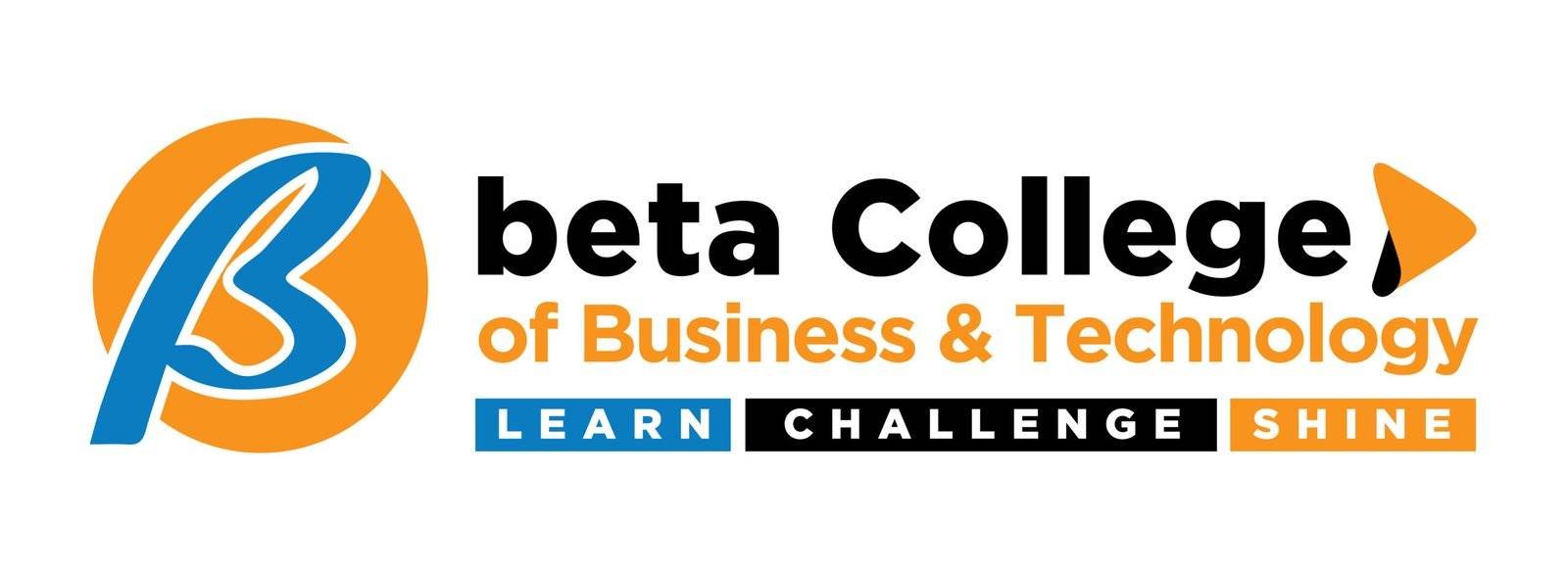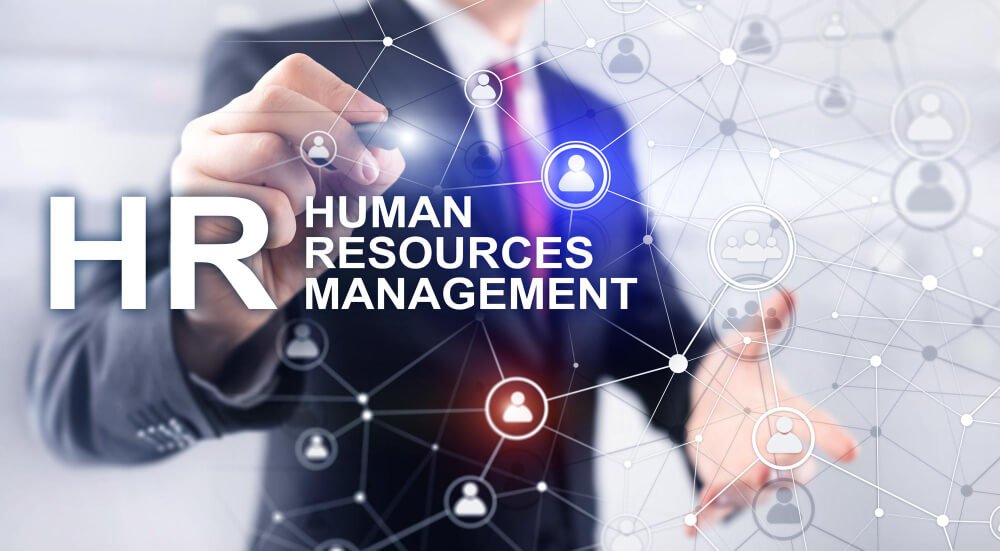In today’s rapidly evolving business landscape, human resources management (HRM) is undergoing a significant transformation. As organizations strive to stay competitive and attract top talent, understanding the key trends shaping the future of HRM is crucial. From technological advancements to changing employee expectations.
The role of HR professionals and influencing how businesses manage their most valuable asset: their people.
1. Embracing Technology and Automation
One of the most prominent trends in human resources management is the increased adoption of technology and automation. HR departments are leveraging advanced tools such as artificial intelligence (AI), machine learning, and data analytics to streamline processes and enhance decision-making. For instance, AI-powered recruitment tools can analyse vast amounts of data to identify the best candidates, reducing the time and effort required for traditional hiring methods.
Moreover, automation is being used to handle repetitive tasks such as payroll processing, benefits administration, and performance management. This not only improves efficiency but also allows HR professionals to focus on more strategic initiatives, such as employee development and organisational culture.
2. The Rise of Remote and Hybrid Work Models
The COVID-19 pandemic accelerated the shift towards remote and hybrid work models, and this trend is likely to continue in the foreseeable future. Companies are recognising the benefits of offering flexible work arrangements, including increased employee satisfaction and access to a broader talent pool.
Human resources management must adapt to this new reality by developing strategies to support remote teams, including virtual onboarding, remote performance evaluations, and effective communication practices. Ensuring that remote employees feel included and engaged is essential for maintaining productivity and job satisfaction.
3. Focus on Employee Well-being and Mental Health
As workplace dynamics evolve, there is a growing emphasis on employee well-being and mental health. Organizations are increasingly recognising the importance of creating a supportive work environment that prioritises employees’ physical and mental health.
HR professionals are implementing programs and initiatives designed to promote well-being, such as mental health support services, wellness programs, and flexible work arrangements. By addressing these needs, companies can enhance employee morale, reduce absenteeism, and improve overall job performance.
4. Data-Driven Decision Making
The use of data analytics in human resources management is becoming more prevalent, enabling HR professionals to make informed decisions based on empirical evidence. By analysing data related to employee performance, engagement, and turnover, HR departments can identify trends and make proactive adjustments to improve organisational outcomes.
For example, data-driven insights can help identify areas where additional training is needed, assess the effectiveness of employee engagement initiatives, and predict future hiring needs. This strategic approach to HRM enhances the ability to align human capital with business goals.
5. Personalised Employee Experiences
In today’s competitive job market, offering a personalised employee experience is essential for attracting and retaining top talent. Organizations are shifting away from one-size-fits-all approaches and focusing on creating tailored experiences that meet the unique needs and preferences of individual employees.
This trend includes personalised onboarding processes, customised learning and development opportunities, and flexible benefits packages. By providing a more personalised experience, companies can foster a stronger connection with employees and enhance overall job satisfaction.
6. Increased Focus on Diversity, Equity, and Inclusion (DEI)
Diversity, equity, and inclusion (DEI) have become integral components of modern human resources management. Organizations are recognising the importance of building diverse teams and fostering an inclusive workplace culture that values and respects differences.
HR professionals are implementing DEI initiatives such as bias training, diverse recruitment practices, and inclusive policies. These efforts not only promote a positive work environment but also contribute to improved innovation, creativity, and organisational performance.
7. The Evolution of HR Roles and Skill Sets
As HRM continues to evolve, the role of HR professionals is also changing. Traditional HR functions are being supplemented by new responsibilities related to technology, data analysis, and strategic planning.
To keep pace with these changes, HR professionals must continuously update their skill sets. This includes acquiring expertise in areas such as data analytics, change management, and strategic leadership. Investing in HR training and development is crucial for staying ahead in this dynamic field.
8. The Importance of Continuous Learning and Development
In an era of rapid change, continuous learning and development are vital for both employees and HR professionals. Organizations are investing in ongoing training programs to ensure that their workforce remains skilled and adaptable.
Human resources management plays a key role in facilitating these learning opportunities, including offering career development programs, mentorship initiatives, and access to educational resources. By fostering a culture of continuous learning, companies can better prepare their employees for future challenges and opportunities.
Conclusion
The future of human resources management is shaped by a range of key trends that reflect the evolving needs and expectations of the modern workforce. Embracing technology, supporting remote work, prioritising employee well-being, and focusing on diversity and inclusion are just a few of the ways HR professionals are transforming their practices to meet these demands.
As organizations navigate these changes, staying informed and adaptable is crucial for success. To further enhance your expertise in this dynamic field, consider enrolling in a human resources management course. This will provide you with the knowledge and skills needed to excel in the future of HRM.


